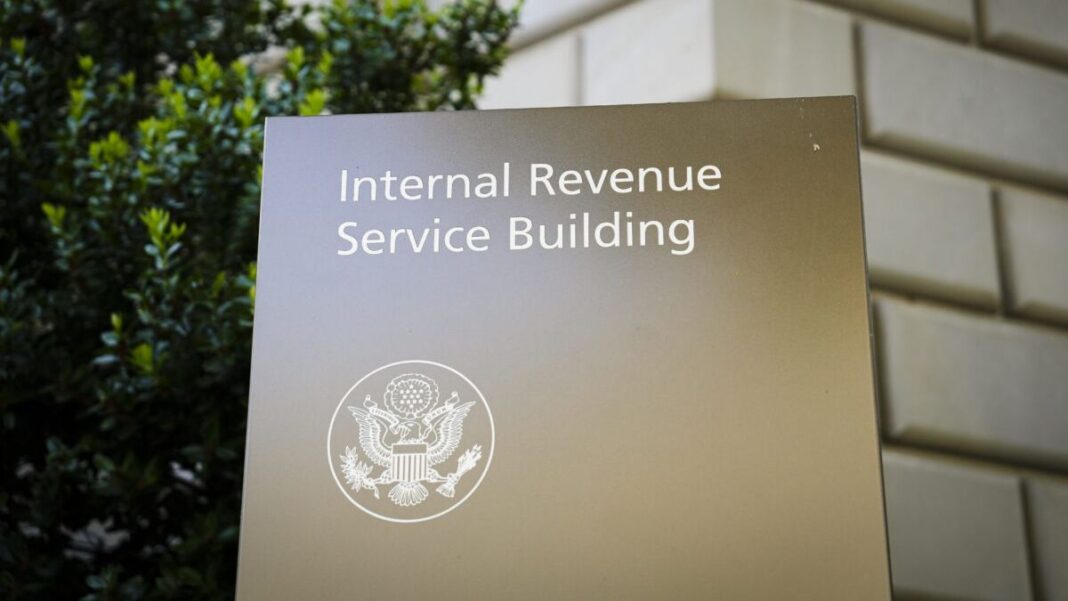President Joe Biden on Aug. 9 signed an executive order to begin the process of restricting high-tech U.S.-based investments going toward China in the areas of artificial intelligence, quantum technology, and semiconductors.
The executive order, which is likely to take effect next year following a comment period, will authorize the Treasury secretary to regulate U.S. investments into Chinese technologies deemed to affect national security, according to senior administration officials.
The president, in the order, declared a national emergency in relation to the “unusual and extraordinary threat” posed by “countries of concern” that are using sensitive technologies to advance their military and intelligence capabilities. It added that U.S. investments “risk exacerbating this threat.”
“The Biden administration is committed to keeping America safe and defending America’s national security,” one official said in an Aug. 9 press call. “That includes appropriately protecting technologies that are critical to the next generation of military innovation.
“[China] has a stated goal to acquire and produce key sensitive technologies that directly support [its] military modernization-related activities such as weapons development, and has exploited U.S. investments to develop domestic military and intelligence capabilities.”
The official said that the new executive order will target a “narrow subset” of investments in AI, quantum information technologies, and semiconductors and microelectronics to fill a “critical gap” in national security.
“This is a national security action, not an economic one,” the official said.
“This executive order protects our national security interests in a narrowly targeted manner, while maintaining our longstanding commitment to open investment.”
Treasury Rulemaking
In coordination with the president’s order, the official said, the Treasury Department will move to simultaneously release an advance notice for new proposed rules that would prohibit investment in entities that engage in activities related to the three domains and require notification of investments into related technologies.
Though the Treasury still must go through a potentially lengthy rule-making process to give notice and receive comments on its proposed rules, administration officials are hopeful that a strong bipartisan desire in Congress to “meaningfully regulate outbound investments” will help to craft the most robust mechanisms possible.








